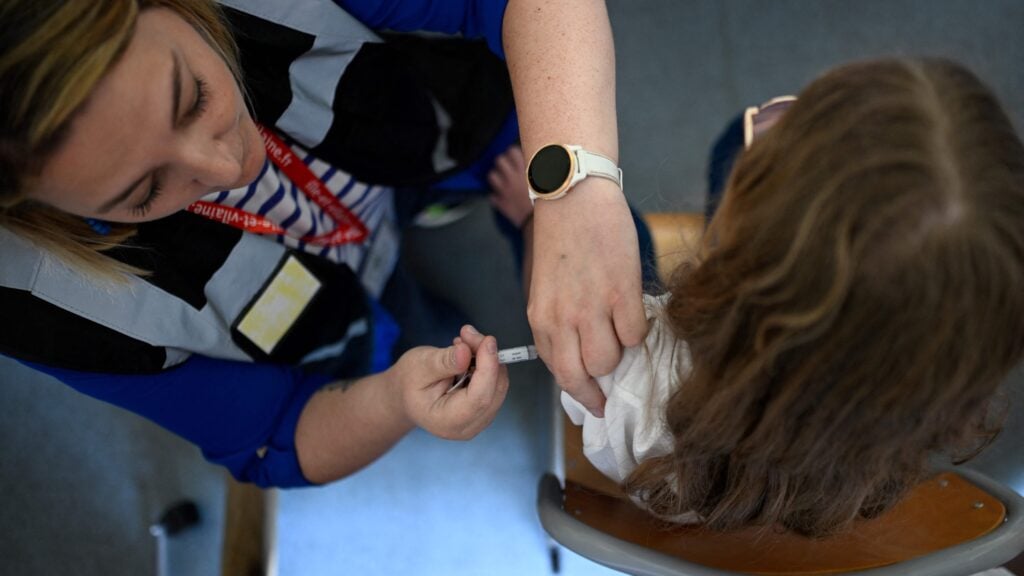A historic new study out of Scotland shows the real-world impact of vaccines against the human papillomavirus: The country has detected no cases of cervical cancer in women born between 1988-1996 who were fully vaccinated against HPV between the ages of 12 and 13.
Many previous studies have shown that HPV vaccines are extremely effective in preventing cervical cancer. But the study, published on Monday in the Journal of the National Cancer Institute, is the first to monitor a national cohort of women over such a long time period and find no occurrence of cervical cancer.
“The study is super exciting. It shows that the vaccine is extremely effective,” said Kathleen Schmeler, a professor of gynecologic oncology at the University of Texas MD Anderson Cancer Center, who was not involved in the research. “It’s obviously early. We’re just starting to see the first data of the impact of the vaccine because it takes so long from the time of the vaccine to the effects.”



I want more early vaccine data, actually, so that’s good.
There is a significant decrease in cancer rates among vaccinated compared to unvaccinated, but the early/late divide is less clear. If my statistics is up to snuff (no guarantee there), you can expect an error of ~sqrt(n) in discrete data where n is your count. With the late vaccines, this means an error in the cancer rate of about 2 because they saw ~4 cases (3.2 * 124,000/100,000 ≈ 4). If this is actually overestimating, we could see the rate as 2/124000 or 0.64/40000. In this case, you wouldn’t necessarily expect to see any cases in a sample of 40000.
So it’s not clear from this that early is better than late, though it certainly doesn’t suggest that it’s worse.